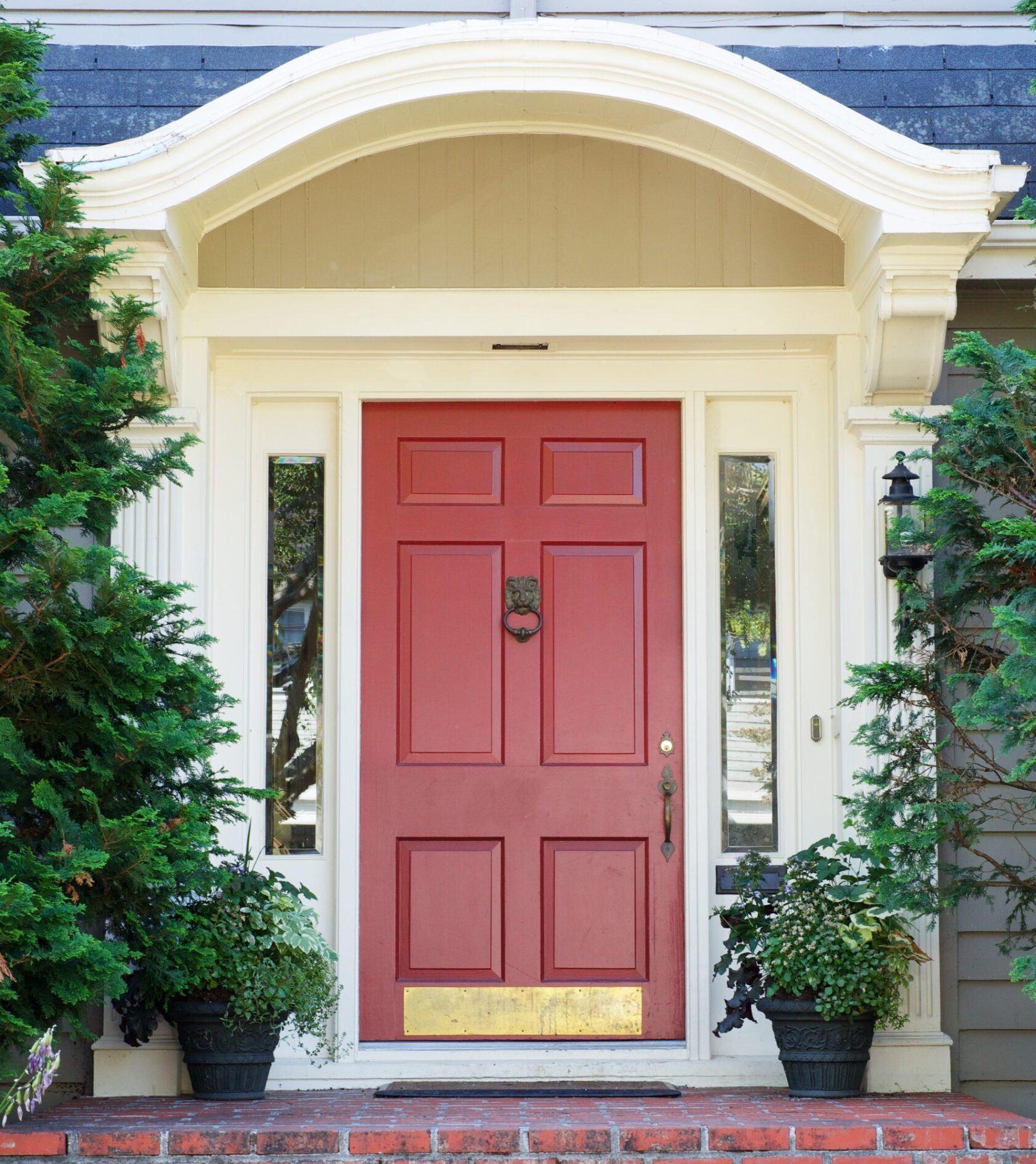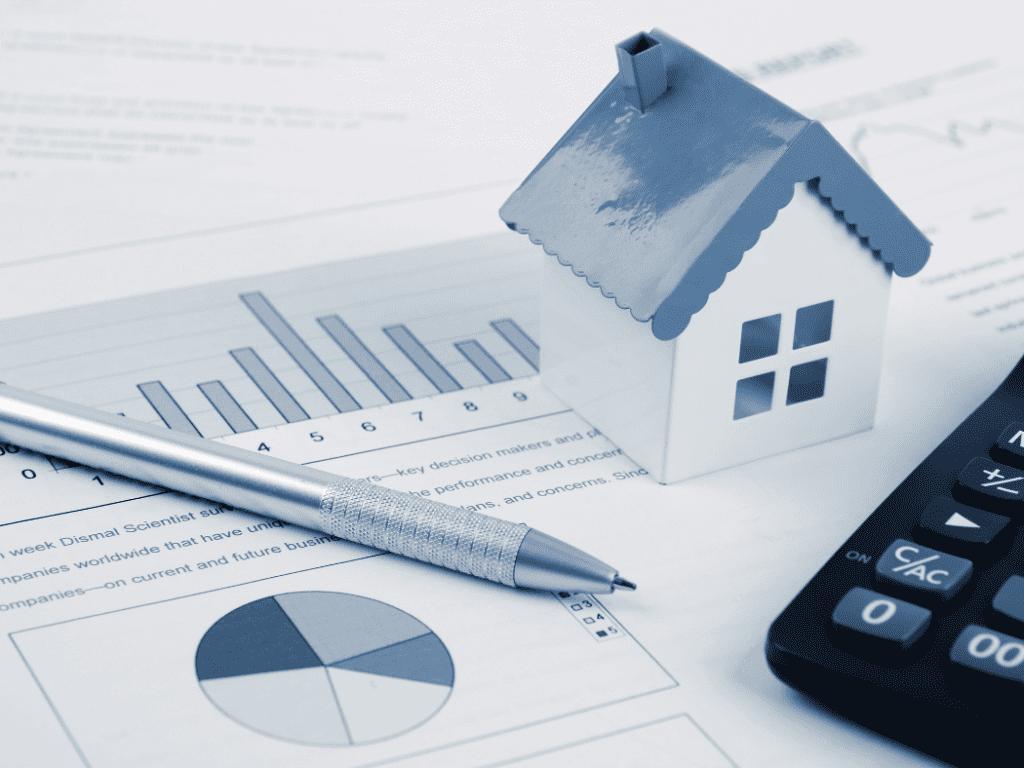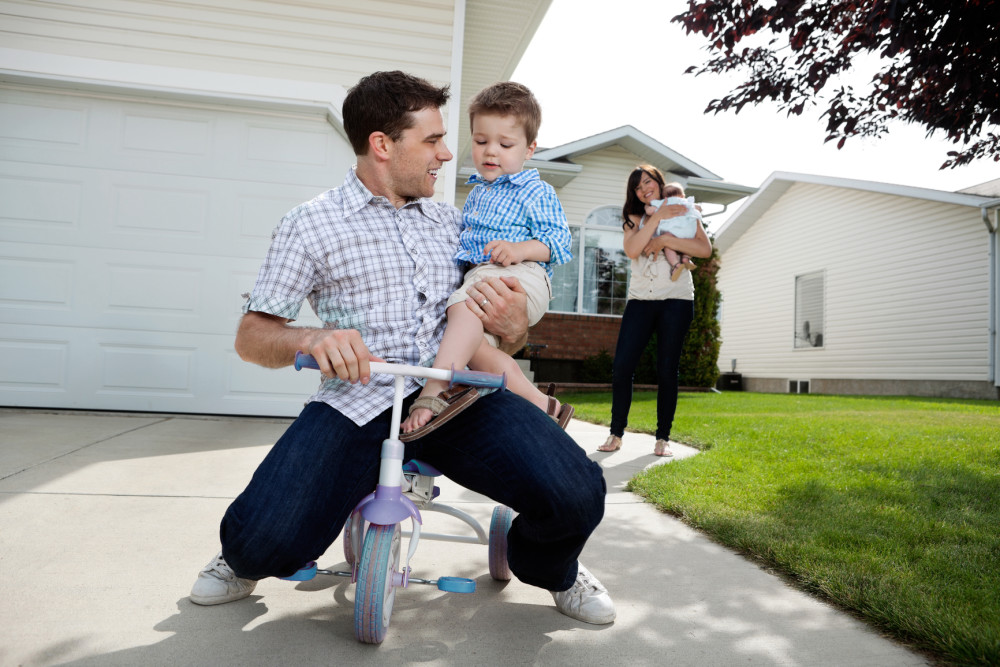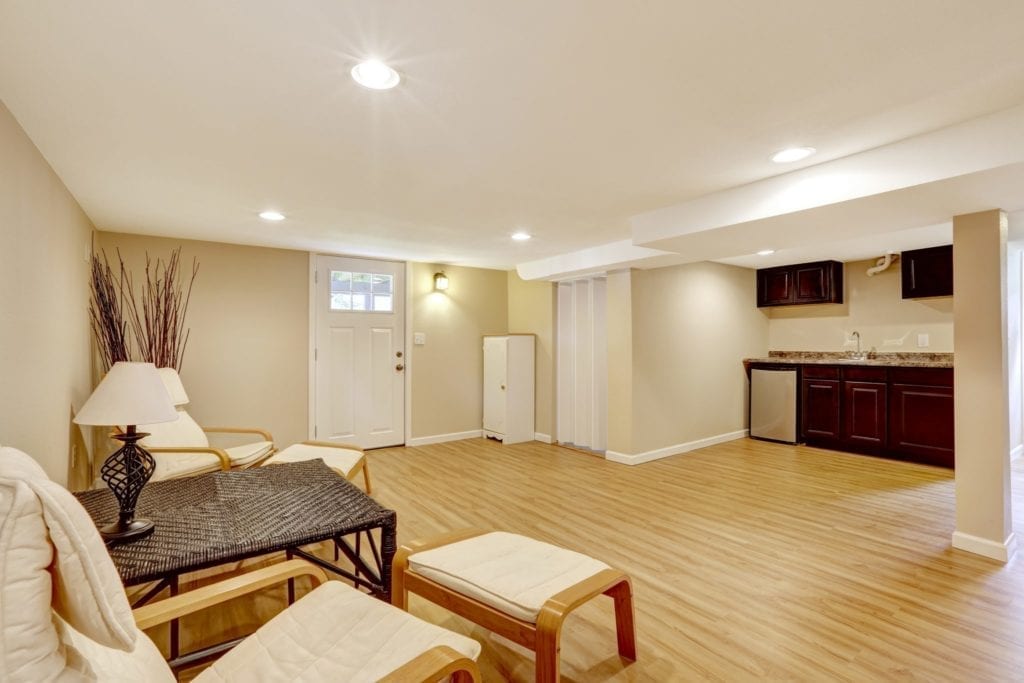
First-Time Home Buyer Tips: Do’s and Don’ts for a Smooth Journey
Proven Strategies for a Smooth Home Buying Journey for Couples
Stepping into the world of homeownership is a thrilling milestone, particularly for first-time buyers. Yet, without proper guidance, the process can feel overwhelming To help you navigate this important life event, we’ve compiled essential first-time home buyer tips. From improving your credit score to managing closing costs, these insights will help you make informed decisions and avoid common pitfalls.
✅ First-Time Home Buyer Tip: CHECK Your Credit Rating EARLY
One of the most important first-time home buyer tips is to check your credit report before meeting with any lenders. Understanding your financial standing gives you the chance to correct any errors or improve your score before applying for a mortgage. A healthy credit rating can lead to better mortgage terms and lower interest rates, setting you up for success from the start.
❌ First-Time Home Buyer Mistake: DOUBTING Your Mortgage Eligibility
A less-than-perfect credit history might be discouraging, but it doesn’t mean you won’t qualify for a mortgage. Many lenders offer various solutions tailored to different financial situations. Another key first-time home buyer tip is to speak with a mortgage broker to explore your options. Additionally, you can work on improving your credit by reducing debt and saving more for a down payment.
❌ Avoid Home Hunting WITHOUT a Mortgage Pre-Approval
While it’s tempting to start looking at homes immediately, one of the critical first-time home buyer tips is to get pre-approved for a mortgage first. A pre-approval not only gives you a clear budget but also positions you as a serious buyer. With pre-approval in hand, you can confidently make offers on homes within your price range and avoid the disappointment of falling in love with a home that’s out of reach.
For more tips on navigating the home buying process with a partner or family member, check out our guide on Achieving Your Dream Home Together.
✅ Select the Right AMORTIZATION Period
Choosing the right amortization period is a crucial decision that impacts your monthly payments and overall financial comfort. While a shorter amortization period can save you money on interest, it could also strain your budget. Most buyers opt for a 25-year amortization period, but if you’re a first-time home buyer purchasing new construction, you might qualify for a 30-year term. This longer period lowers your monthly payments, providing more flexibility in your budget. Remember, you can still make additional payments to pay off your mortgage faster.
❌ Don’t Overlook CLOSING Costs
Closing costs are often an afterthought, but they shouldn’t be. These costs usually range from 1.5% to 2.0% of the purchase price and include expenses like home inspections, legal fees, property taxes, and insurance. Budgeting for these costs is essential, as they can add up quickly. A seasoned real estate agent can help you navigate these expenses and find a home that fits your budget.
For couples or co-buyers, our article on what couples need to know about home buying offers valuable insights to help you prepare for this important purchase.
Final Thoughts on First-Time Home Buyer TIPS
Buying your first home is a major milestone, and by following these first-time home buyer tips, you’ll be better equipped to navigate the process with confidence. Working with real estate professionals and mortgage brokers can provide you with the expertise needed to avoid common mistakes and make informed decisions.
For more detailed information on mortgage rates and first-time homebuyer programs, visit Ratehub, a trusted resource for comparing options and finding the best deals.
Ready to Begin Your Home Buying Journey?
Reach out to us today for personalized advice and support tailored to your unique situation. Let’s turn your dream of homeownership into reality.


